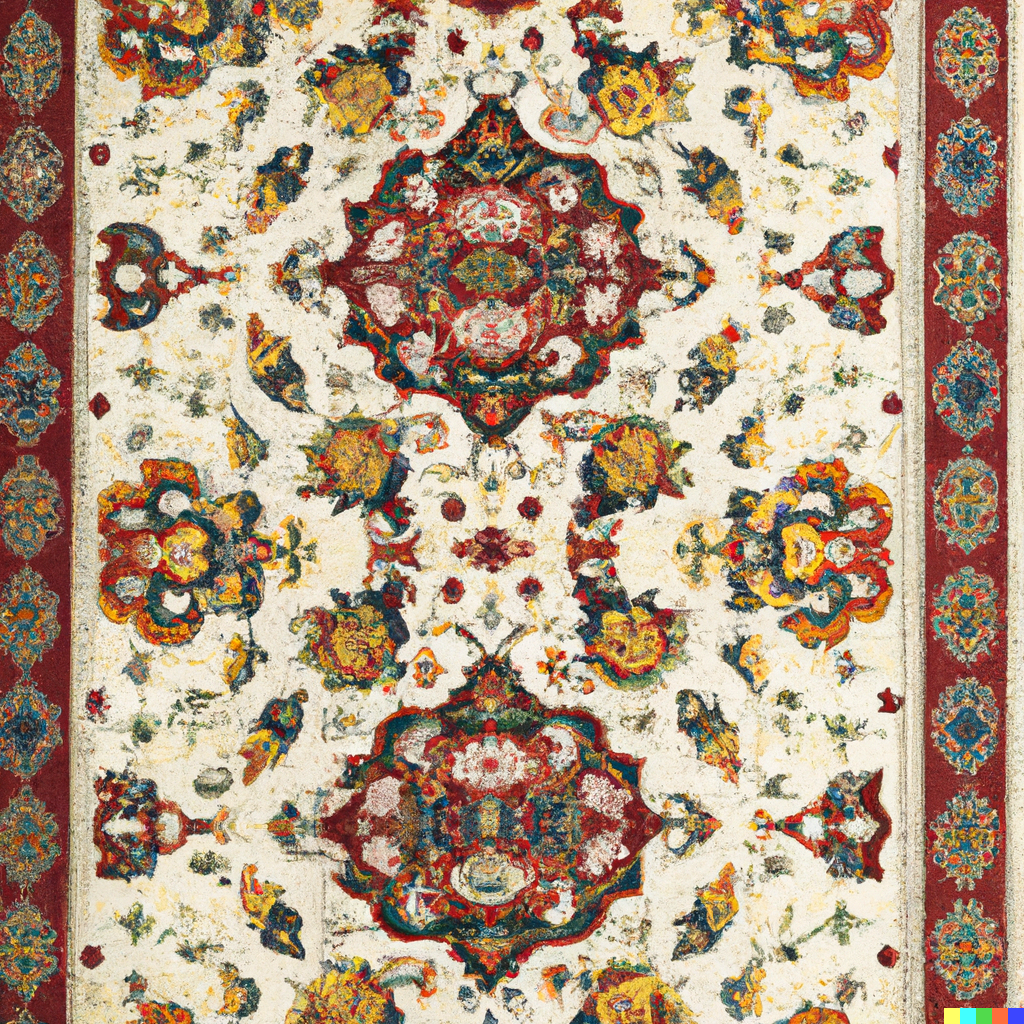20 years of experience
Trusted Expertise
Dominion Auctions strives to provide our clients with a memorable and exciting auction experience. With over 89 years of combined experience, we demonstrate the quintessence of beauty and quality with our impressive collection and service. Dominion Auctions draws its strength from our mission and vision to provide unparalleled client service and loyalty. Our passion and personal pleasure come from building lifelong relationships with our clients. As we embark upon the future, the satisfaction of our clients continues to motivate and inspire us. Our clients, investors and experience in the auctioneer industry, shape the core values of Dominion Auctions. We have been conducting our sales all over the United States and internationally for many years. We auction all kinds of pieces from fine jewelry, fine art, antiques, fine rugs, exotic cars and even entire estates! Our company specializes in liquidating high value merchandise resulting via divorce situations, government seized auctions, distress sales, and estate sales.
Luxury Cars
Fine Jewelry
Frequently Asked Questions



FAQ
WHAT IS AN AUCTION?
A form of selling in which goods are sold to the highest bidder in a public setting.
WHAT TIME SHOULD I ARRIVE AT THE AUCTION?
Please arrive 60 minutes prior to the auction in order to fully register and to inspect all items you are interested in.
IS THE AUCTION OPEN TO THE PUBLIC?
Yes, Dominion Auctions are free and open to the public, no invitation or reservations are necessary. Our friendly staff is happy to assist first-time buyers and they are encouraged to ask questions about how the auction works.
WHAT KIND OF MERCHANDISE WILL I FIND AT THE AUCTION?
Dominion Auctions sells a variety of different pieces ranging from fine art, fine jewelry and gems, coins, fine prints, luxury cars and homes, antiques and reproductions, and much more.
WHAT DOES ONE NEED TO KNOW ABOUT ATTENDING AN AUCTION?
No experience is necessary to attend or bid at an auction. There is always a one hour viewing period before the auction begins during which customers are encouraged to inspect all lots and ask any questions they may have. Please, do not hesitate to approach one of our friendly staff members for help. Just sit back, relax, and enjoy the show!
HOW DO I BID?
Simply making contact with the auctioneer is enough to indicate to him/her that you would like to bid. You may hold up your bid card, verbally call out your bid, or arrange your own signals with the auctioneer prior to the start of the auction. You may even simply call out “Yes”! when you would like to place a bid. The auctioneer will make eye contact with you, and then seek another bid. If another bid is received, the auctioneer will return to you to see if you would like to bid again.
WHAT IF I WANT TO STOP BIDDING?
Simple. To remove yourself from the bidding process, shake your head “No” when the auctioneer makes eye contact with you, and/or discontinue holding up your bid card.
HOW DOES THE IRS DEFINE CASH?
Cash is all currency, cashier’s check, money order, bank draft, or traveler’s check having a face amount of $10,000 or more.
HOW ARE SHIPPING CHARGES ADDED?
As soon as you purchase an item at the auction you assume responsibility for it. All purchased merchandise must be removed from the auction site on the day of the auction. If, however, you need assistance moving your large items, you may need to book a moving service. In special circumstances, we will offer a delivery service for a fee; please see the Payment and Delivery tab for more information.
WHAT IS THE IRS 8300 FORM?
This form must be completed for those who wish to pay $10,000 or more in cash. The form is mandatory by the Internal Revenue Service (IRS). The IRS requires that all cash transactions of $10,000 or more to be reported.
GLOSSARY
01
ANTIQUES AND REPRODUCTIONS
An antique is defined as any object over 100 years old.
02
AUCTIONEER
The person whom the seller engages to direct, conduct, or be responsible for a sale by auction
03
AUCTION
A form of selling in which goods are sold to the highest bidder in a public setting.
04
AUCTION WITH RESERVE
An auction where the seller reserves the right to accept or decline any bids within a specific time. A minimum bid may or may not be disclosed.
05
BID CALLER
Commonly known as the auctioneer, the person who “calls”, “cries”, or “auctions” the merchandise at an auction, recognizing bidders and acknowledging the highest bidder.
06
AN ESTATE SALE
An auction at which the sale includes the personal property and/or real property of a living or deceased person.
07
AUCTION WITHOUT RESERVE
An auction where the merchandise is sold to the highest bidder with no minimums or limiting conditions. The seller may not bid personally or through an agent.
08
BID NOTE
Also known as a Memorandum, a form executed by the high bidders confirming and acknowledging the bidder’s identity, the bid price, and the description of the piece.
09
COMMISSION
The fee charged to the seller by the auctioneer for providing services, usually a percentage of the gross selling price of the property established by contract (the listing agreement) prior to the auction.
10
"AS IS"
In reference to the condition of the item, the seller sells the item without warranties to the fitness of the merchandise. The buyer is responsible for inspecting the item before the sale for their own protection. Synonyms are as follows: “where is”, and “in its present condition”.
11
BID
A buyer’s indication or offer of a price he/she will pay to purchase the item. Bids are usually in standardized increments established by the auctioneer.
12
TERMS AND CONDITIONS
Conditions of sale that will vary from auction to auction depending on the type of merchandise being sold. Below are usual stipulations that are typically listed on the backs of bidder cards.
13
BOOKKEEPER / CLERK
The person in charge of the accounting and paperwork at each auction.
14
RESERVE
The minimum price that a seller is willing to accept for the item.
15
TAX SALE
A public sale in which the property being sold is due to nonpayment of property taxes.
16
LITHOGRAPH
An authorized copy of an original work made by the artist or a skilled craftsman which can be signed or unsigned. Creating a lithograph may even take as long as the length of time it took to create the original artwork itself; so, to preserve the value, only a limited number of prints are allowed. The process involves placing the work on a flat sheet of zinc or aluminum where it is treated to retain ink while the non-image areas are treated to repel ink. Ink is applied to this plate, and then it is pressed onto a paper so that the inked image is transferred to the paper.
17
TIE BIDS
When two or more people bid exactly the same amount at the same time. This issue is resolved by the auctioneer.
18
BUYER'S PREMIUM
The percentage added on to the bid amount. Buyer’s premiums are used by almost all auction houses as a way to spread the cost of holding the event from those who benefit the most from the opportunities to purchase, i.e., the buyer. The buyer’s premium is added onto the bid price, and the sales tax is charged on the total of the hammer price and the buyer’s premiu
19
MULTI-PROPERTY AUCTION
An auction where a group of properties are offered through a common promotional campaign. The properties may be owned by one seller or multiple sellers.
20
HAMMER PRICE
The final price of the lot as established by the highest bidder and the auctioneer before dropping the gavel.
21
TYPES OF PAYMENTS ACCEPTED
Although the methods of payment may vary from auction to auction, typically cash, cashier’s checks, personal checks, Visa, MasterCard, and American Express as accepted. A valid identification such as a state-issued Driver’s License or other Government ID is needed for registration. Personal checks, however, are only accepted from customers that are known to the company. Please see the Payment and Delivery tab for more detailed information.

